The Hesscairn Fellowship
-
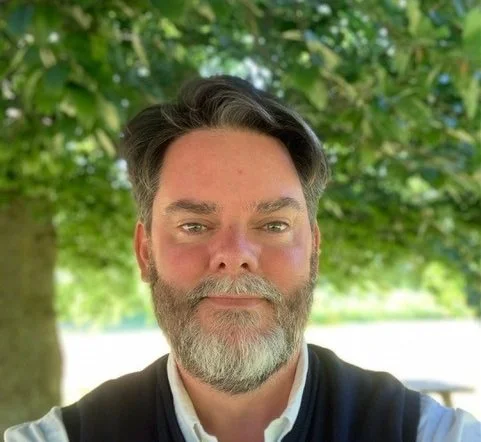
Stuart MacAlpine
Director of Hesscairn Learning Design
Stuart is a learning designer, author, researcher and school leader who works across sectors on progressive educational projects. Stuart also consults with governments and third sector organisation, and is currently supporting Education Scotland and the Scottish Government.
Stuart is a doctoral researcher at the University of Cambridge PEDAL centre, where his research is on the conceptualisation of learning goals, and focused on Education Scotland’s Curriculum Improvement Cycle.
Stuart is currently Principal of Middle and High School at the International School of Aberdeen. Previously he has worked as a Senior Director of the technical team at the LEGO Foundation, Founding Principal of the Green School New Zealand, Founding Director of Education at Amala (was Sky School) and Director of Teaching and Learning at the United World College of South East Asia, in Singapore.
Stuart’s book The Hesscairn Guide to Learning is an essential guide for parents, educators and policy makers on how to design for learning.
-
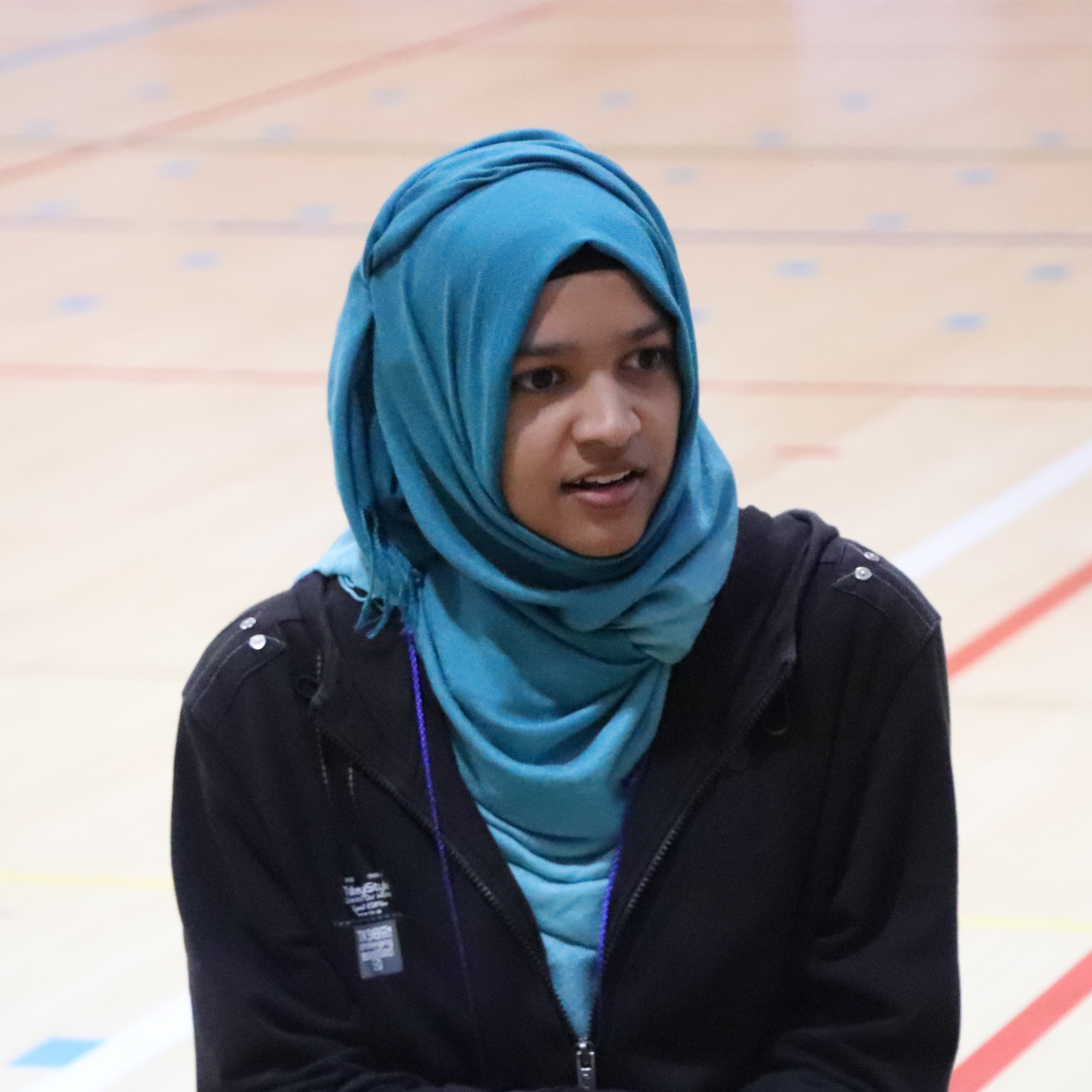
Aayesha Fazal
Aayesha’s work begins with how people find wonder in discovery, and how faith, language, and story shape our appreciation for our world, identity, and purpose. She sees teaching as a practice of shared curiosity: learning alongside others, improvising with what is at hand, and finding joy in moments of connection.
For the past eight years, she has worked with the Rohingya refugee community in Johor, Malaysia, where she currently teaches at a Rohingya-led learning centre. Her practice has grown in close relationship with the community, across classrooms, football fields, and iftars, shaped by friendships that continue to teach her more than she teaches.
Her experience is that learning grows through example before instruction, through fostering a natural love of play and a natural love of discipline. She believes that strength and leadership live within every community, perhaps not always in the ways one has learned to perceive them. To her, education at its best nurtures that strength through respect, trust, and the quiet continuities of care.
-

Ben Mardell
Ben Mardell is the atelierista and pedagogista at Newtowne School. He is also a research affiliate at Life Long Kindergarten at the MIT Media Lab.
Ben has over twenty years of teaching experience with children birth through six. He has also been a principal investigator at Project Zero, a research organization at the Harvard Graduate School of Education, leading the Pedagogy of Play and Children are Citizens projects, and a professor of early childhood education at Lesley University.
Ben is a co-author of Visible Learners: Promoting Reggio-Inspired Approaches in All Schools,Making Learning Visible: Children as Individual and Group Learners, Children at the Center: Transforming Early Childhoods Education in the Boston Public Schools, and A Pedagogy of Play: Supporting Playful Learning in Classrooms and Schools. He is the author of From Basketball to the Beatles: In Search of Compelling Early Childhood Curriculumand Growing Up in Child Care: A Case For Quality Early Education.
His new project is The Remake (theremake.org), an online newsletter for educators about playful learning in an era of rapid climate change. Ben enjoys playing with his family (hiking and games) and participating in triathlons.
-
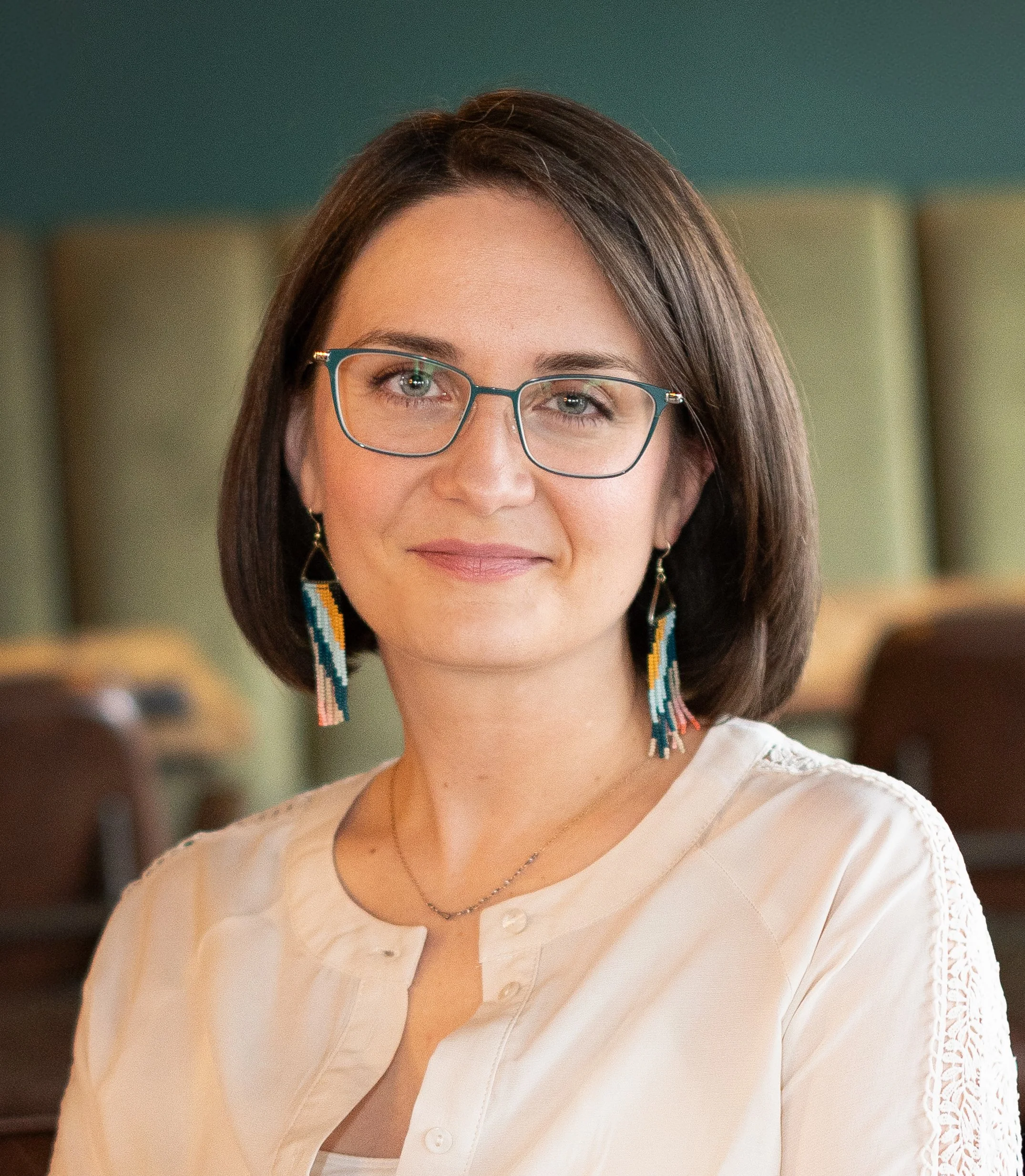
Elisabeth McClure
Elisabeth received a PhD from Georgetown University in Developmental Psychology & Public Policy and has worked for almost a decade in global impact work for children at The LEGO Foundation and Sesame Workshop. As a designer and developmental scientist,
she focuses on designing the conditions for belonging in caring, creative communities.
Elisabeth is internationally recognized for her expertise in learning through play; the development and assessment of children’s creativity; early STEM learning; how babies and toddlers use video chat; and screen time for children from birth to three. She has also advised or influenced policies and projects for the OECD, Copenhagen Capacity, MIT, the American Academy of Pediatrics, the US Dept of Education, and others.She founded a non-profit community-building organization in Denmark called nabo (mynabo.dk), for which she has been nominated for the Nordic Women in Tech Awards and also the Nordic Startup Awards. She is also the founder of the consultancy the Belonging Design Studio.
-
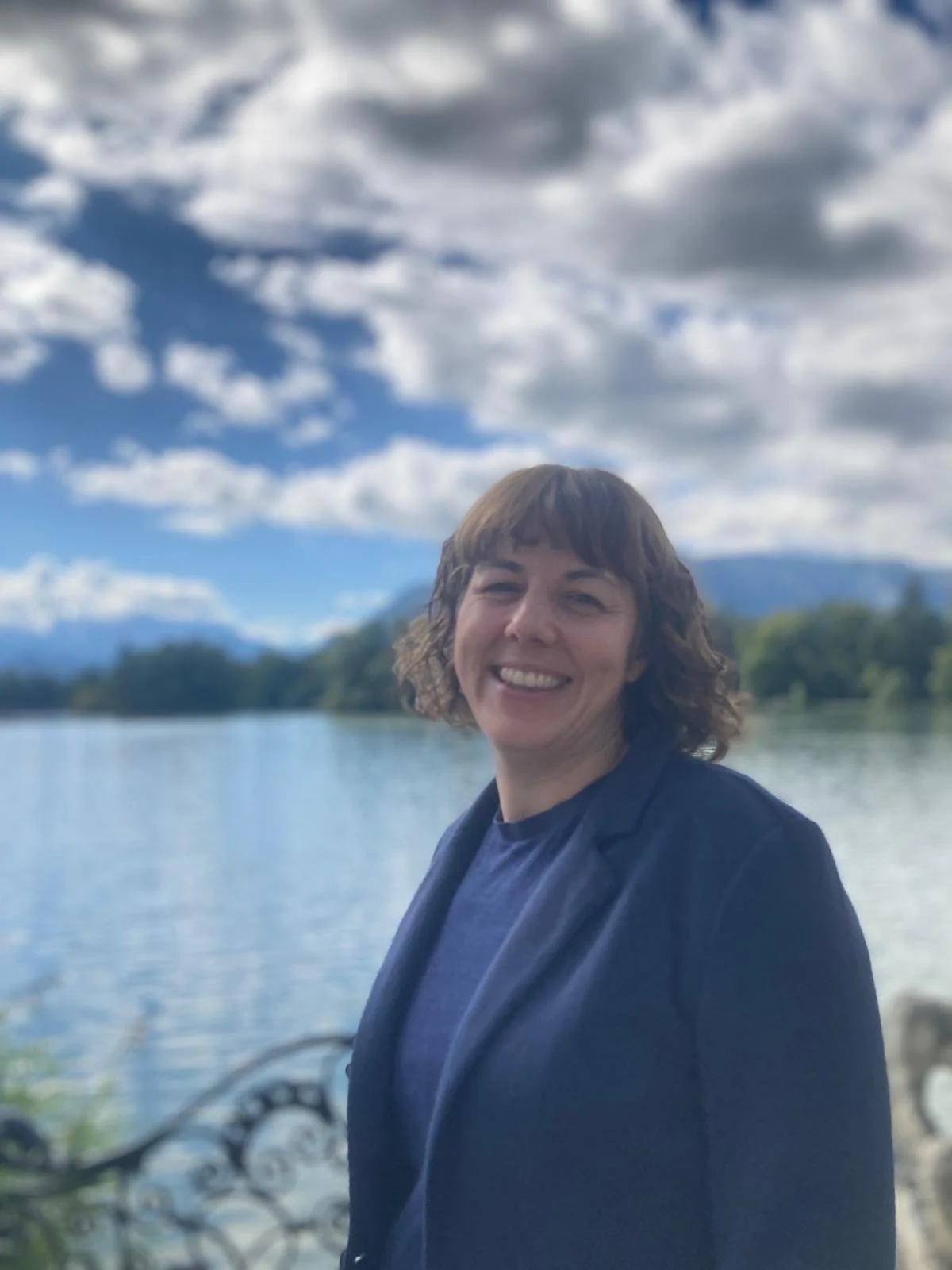
Kathryn Scott
Kathryn is an education futurist and systems convenor. She recently launched Bairn Systems Studio, a new policy and advocacy design consultancy that rethinks the systems around children and young people. She believes that more playful outdoor learning will build a society where young people have the skills, imagination and agency they need to thrive in the future.
Kathryn is an accomplished advocacy leader specialising in government relations, evidence translation, global partnerships, futures methodologies and behaviour change science. She is known for her strategic mindset and collaborative problem-solving, and is a natural network weaver.
Her career spans the nonprofit, government, philanthropy, and private sectors. As the Senior Advocacy and Partnerships Manager at The LEGO Foundation, she led initiatives to drive transformative change through education and play. As a Public Health Strategist for the London Borough of Hackney, she designed and delivered public services for vulnerable communities. At The British Psychological Society, she served as Director of Policy and Communications, where her leadership and ability to distil complex ideas into clear, actionable messages drove significant policy change.
With a Master’s degree in International Politics from Newcastle University and a Bachelor’s degree in Journalism from City, University of London, Kathryn blends academic expertise with practical experience to champion education and social innovation worldwide. She lives in Billund, Denmark, with her family, embracing life in the 'Capital of Children', a global innovation hub for play and learning.
-
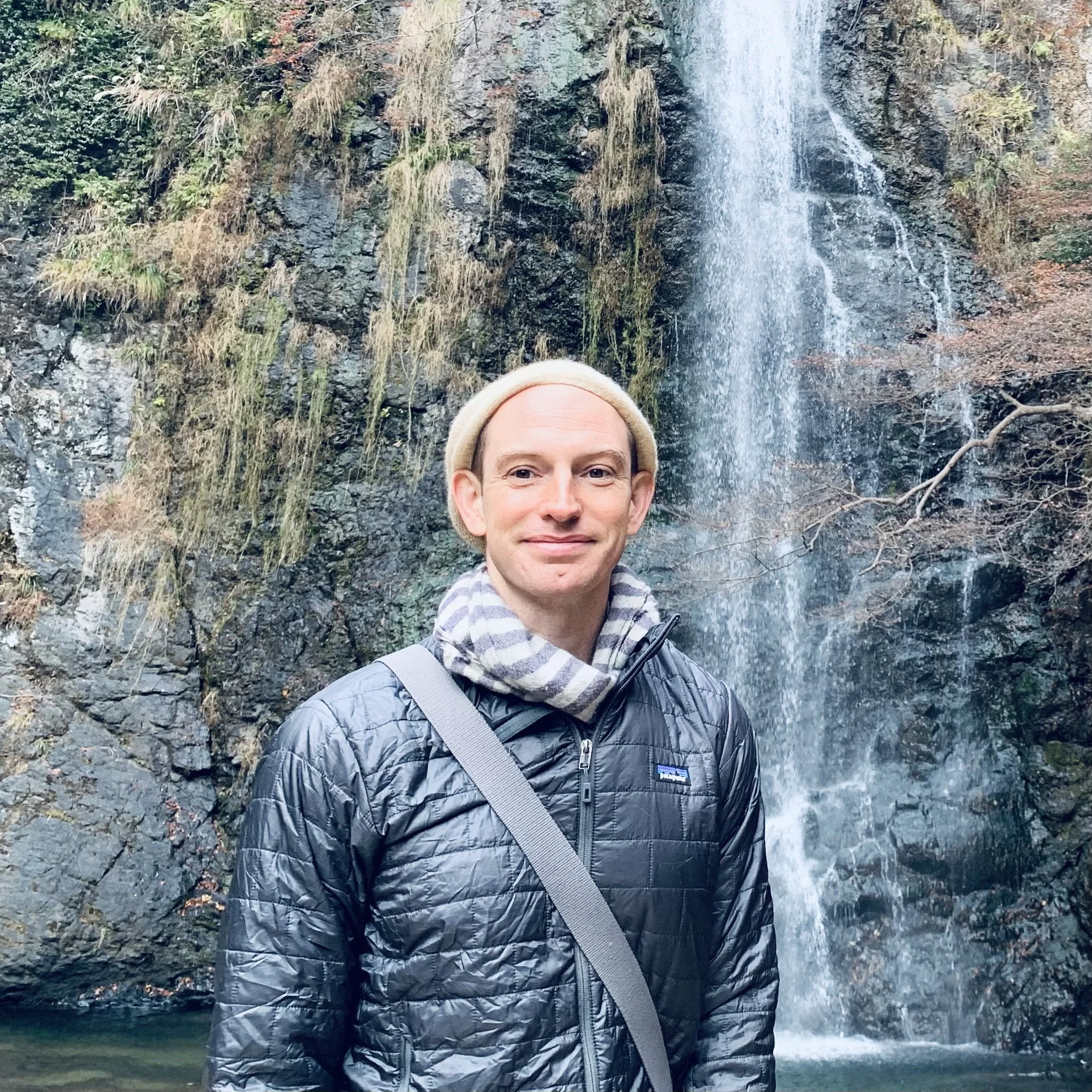
Jude Heaton
Jude’s life has been an attempt to understand the times in which we’re living; the deeper roots that shape our individual and collective thoughts and actions; and what it takes to disentangle from oppressive ways of thinking and living to be part of meaningful change.
This adventure has led to a somewhat unorthodox career, working in senior roles in many different countries and types of organisation. For most of the last 15 years he has focussed on schools and transforming education, while before that he worked in politics, public affairs and journalism. Most recently he worked at Teach For All’s Global Learning Lab, spending 6 years trying to identify and share patterns from inspiring teachers and communities around the world. Prior to that, his professional life included being a journalist in Lahore in the lead up and aftermath of the invasion of Iraq; setting up an innovative new school in Pakistan; working in COBRA on the UK government’s response to pandemics; managing a High Court; advising Deputy Prime Minister Nick Clegg on social mobility policy; leading Teach First’s work on access to higher education and employment; and leading the programme of Teach For Malaysia.
Currently, he spends his time studying Daoist internal arts; writing fiction and essays; and finding ways to create imaginative space for learning and unlearning.
-
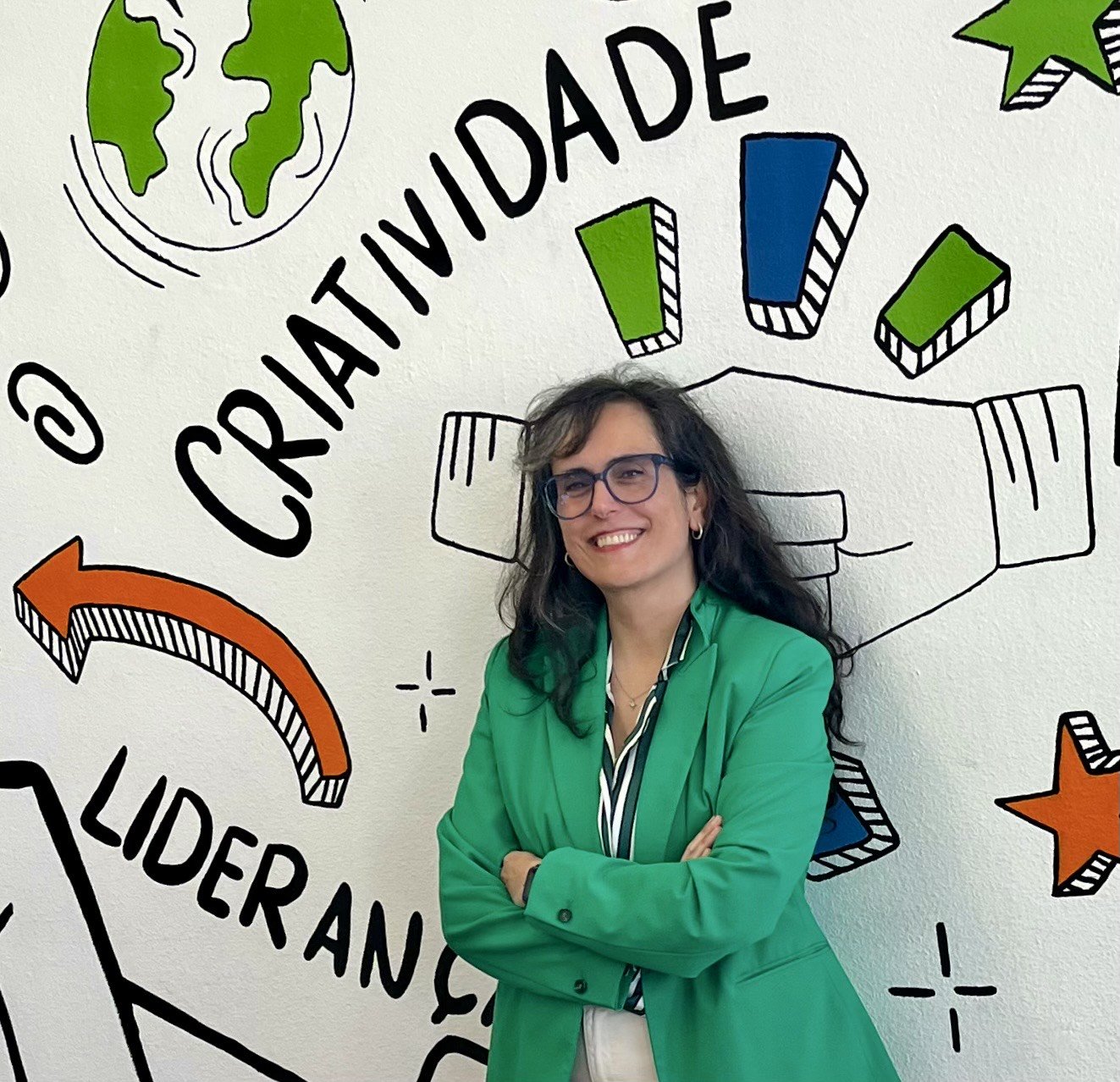
Patricia Castanheira
Patricia Castanheira is an education strategist, researcher, and inclusive learning designer whose work advances teacher professional development (TPD) and playful, equitable learning. At the LEGO Foundation she led the partnership with the OECD to co-develop a taxonomy for unlocking high-quality teaching; led multi-country TPD research and programmes with diverse stakeholders; supported Ukraine’s nationwide school reform by creating TPD frameworks and evaluation tools; co-created research initiatives and global convenings of educators with the Reggio Children Foundation; supported a national strategy in South Africa through research on parenting and early education; led the evaluation of the global Playful Schools initiative by developing a theory of influence using social-network analysis; and developed the Foundation’s research strategy on neurodiversity.
Earlier, at the University of Brighton, she led the evaluation of SEMESA (a TPD project for competency-based reform in Kenya), designed its mentoring programme, directed the evaluation of SPIRAL (an EU-funded effort to set pan-European standards for initial teacher education), and developed mentoring programmes for early-career researchers. At the University of Aveiro, she developed leadership standards for school leaders and advanced research on school improvement.
A qualified teacher with a PhD in School Leadership, Patricia publishes on school leadership and innovative teacher education. Through Zebra Libre she partners with foundations and NGOs on education transformation and monitoring, evaluation, and learning (MEL), combining research rigour with playful, inclusive practice.
-

Stephanie Nowack
Stephanie is an award-winning early childhood education researcher from South Africa. As a LEGO Foundation and Cambridge Trust Scholar, she holds a PhD in Education from the University of Cambridge, within the PEDAL and REAL Centres. Her doctoral research focused on neurodivergent and geo-political manifestations of learning through play. In particular, she explored a South African pedagogy of play for autistic learners. Stephanie is currently Research Lead at the University of Oxford’s Department of Education, where she develops culturally sensitive methods to investigate how students and their families conceptualise hope for higher education in contexts of political and environmental precarity.
Stephanie has a decade’s experience leading large-scale, multi-stakeholder research projects in international contexts, using participatory, and emancipatory methodologies. Broadly, her research interests are underpinned by a social – & epistemic justice lens. She is passionate about contextually-grounded, decolonial understandings of playful learning, teacher professional development, and gender – & disability inclusive education.
Previously based at the LEGO Foundation-funded non-profit organisation Care for Education, she led the research on large-scale, multi-stakeholder projects focused on playful educational resources for children in low-income settings. This included the Foundation Phase Initiative, a cross-sector partnership between the LEGO Foundation, UNICEF and the South African Department of Basic Education. She also led the OECD & PISA Creative Thinking Pilot and the Six Bricks and Playbox evaluations.
As Researcher with Harvard Graduate School of Education’s Project Zero Pedagogy of Play team, she collaboratively explored playful learning in South African mainstream classrooms and co-created the ‘Indicators of a South African Pedagogy of Play’, which resulted in the White Paper ‘Toward A South African Pedagogy of Play’.
Stephanie is a convenor for the University of Oxford’s Crisis, Education, and Epistemic Justice (CEEJ) Network, an Organiser for the Cambridge Network for Disability and Education Research (CaNDER), and an Advisory Council Member of the Winford Centre for Children and Women in Nigeria.
-
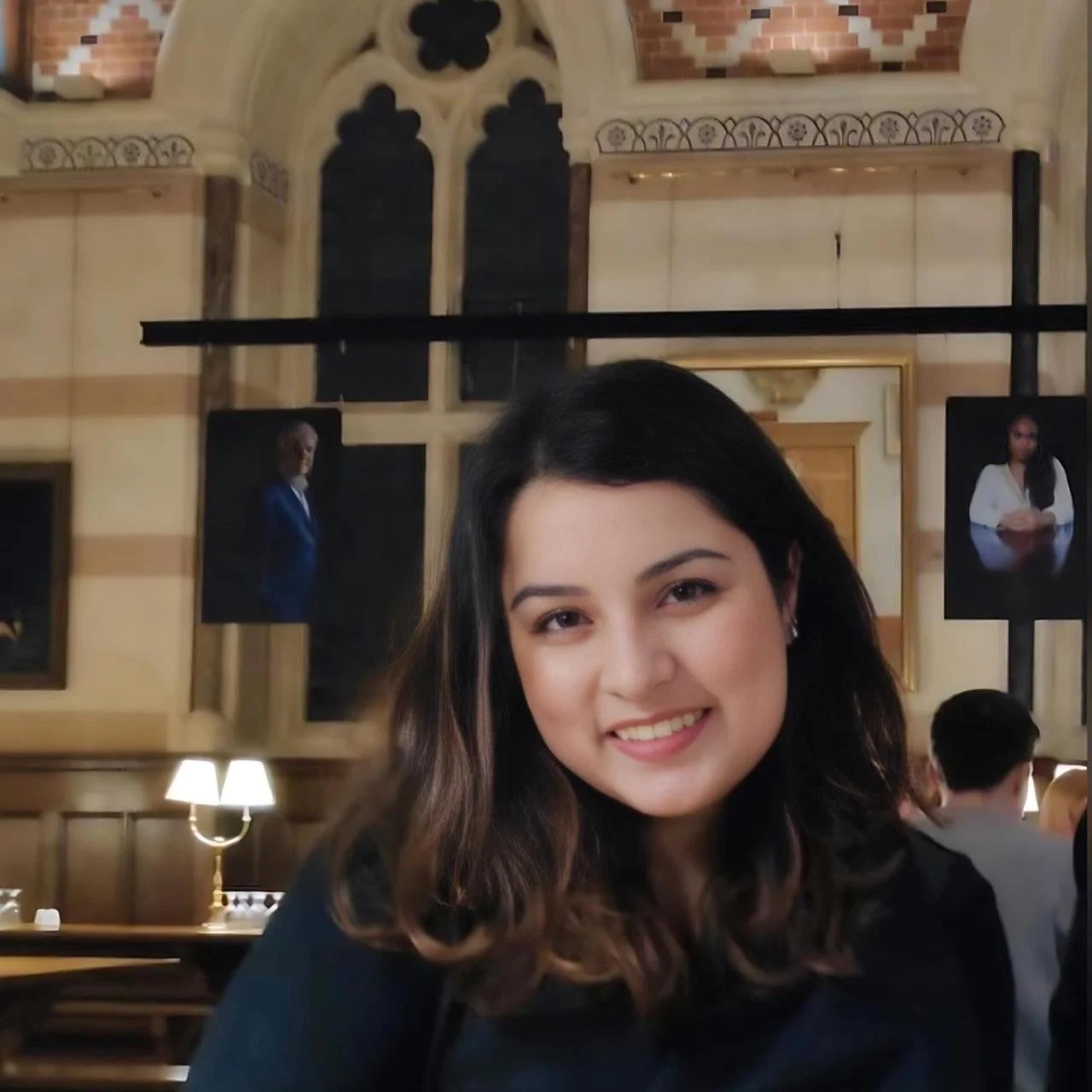
Tanvi Sethi
Tanvi Sethi currently leads the Education sector as a Policy Manager at J-PAL South Asia, focusing on turning evidence into systems change that advances access and inclusion.
As an ECDAN Knowledge Fellow, she developed a global repository of parenting initiatives for early childhood development. At the LEGO Foundation in Denmark, she convened the Playful Schools Conference and Network, managed multi-stakeholder projects and grants, provided advisory support, and advanced advocacy while building cross-country partnerships. She also contributed to the Dalberg–Education Finance Network’s working group on private-sector support for public education systems. Earlier, at the World Bank, she supported India’s National Education Policy 2020 through EMIS and MEL frameworks that strengthened delivery at the state level. At UNICEF NYHQ, she supported ECD in Emergencies during COVID-19 through rapid, multi-stakeholder convenings, and at UNESCO MGIEP, she contributed to inclusive education initiatives. As a Teach For India Fellow, she taught 101 first-generation adolescent girls and led Project Vatsalya to help empower their mothers across underserved communities.
Tanvi holds a BA in Psychology and Sociology from Kamala Nehru College, University of Delhi; an MA in Psychology; and an MSc in Education (Child Development) from the University of Oxford as a Commonwealth Scholar. Her work is grounded in empathy, rigour, and a bias for action across programme management, government and private partnerships, and classroom practice, with a steady interest in joyful, equitable learning.
